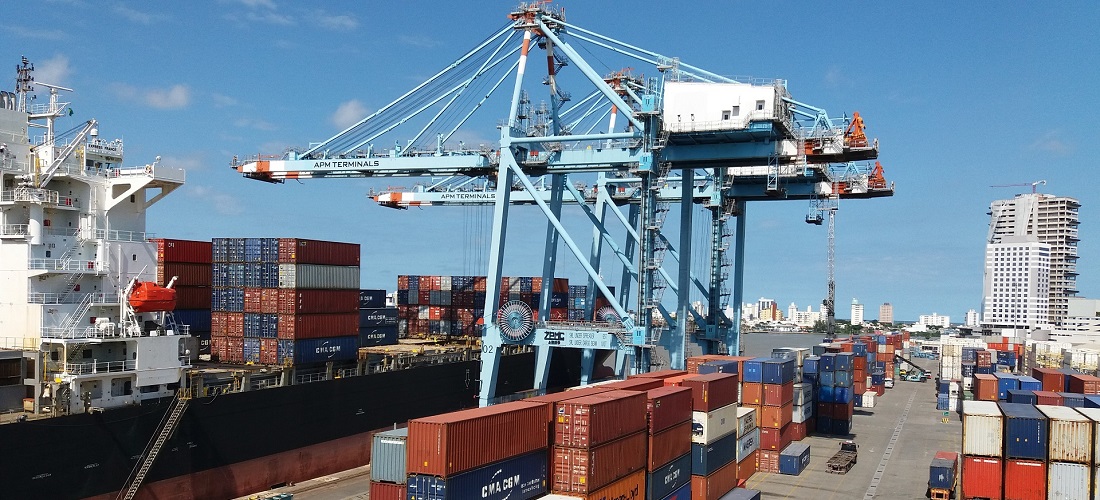
BR do Mar to be presented in October
Sep, 25, 2019 Posted by Sylvia SchandertWeek 201940
According to the director of the Department of Navigation and Waterways of the National Secretariat of Ports and Waterways Transportation, Dino Antunes, the BR do Mar should be presented in October. This Federal Government program foresees changes in the system of chartering of vessels and in the Merchant Marine Freight Addition (AFRMM),
The representative of the government participated in a debate at the First Congress of Maritime and Port Law, held this Wednesday (09/25) at the Santos Commercial Association (ACS).
The government member also participated in the panel “BR do Mar – New perspectives for cabotage”, along with Cléber Lucas, president of the Brazilian Association of Cabotage Shipowners and primary consultant Henry Robinson.
Cléber Lucas stressed that cabotage deserves the attention from the Government. “The past 20 years have been a complete neglect. The creation of a department to address this issue shows an interest in seeing this issue clarified and in the development of a stimulus policy implemented,” he said.
However, the representative of the Brazilian Association of Cabotage Shipowners questioned whether the action of the Government will be beneficial or will harm the sector.
“We are tired of seeing this kind of thing. Public policy, instead of stimulating, broadens the discussion so much that it becomes a patchwork and is difficult to operate,” he said.
According to Antunes, the performance will be positive. “We have a vision that the government has to be inside where it really needs to be. The government can’t get in the way, but has to make it feasible. The way it is being done, which is sparingly, tends to help more rather than getting in the way,” he said.
Cléber also assessed that the chartering and releasing of new vessels is welcome. “Accelerated growth or lower entry cost is understood as public policy that can be regulated,” he said.
Henry Robinson emphasized that cabotage must play a key role in changing the transportation matrix of today, dominating the road system.
The consultant warned that the National Logistics Plan (NLP) for 2025 foresees an increase to 37% in the rail model, but there is no projection in this direction for cabotage.
Robinson also talked about the concern the government should have at this time. “The concern is about the fluctuation of domestic freight vis-à-vis international fluctuation. For example, if freight in China increases and it remains the same in Brazil. If it does not rise here, the foreign shipowner can take his ship and place it where it has higher revenue,” he said.
Dino Antunes said that it is necessary to give security in order for the change of transport logistics matrix to occur. “If we expose the domestic market to international fluctuations, this will bring freight volatility to the domestic market,” he said.
Source: A Tribuna
-
Economy
Apr, 14, 2020
0
Brazil’s trade balance at US$1.715 billion surplus in second week of April
-
Shipping
May, 29, 2023
0
PIL decides to only accept prepaid freight in imports to Argentina
-
Dec, 23, 2021
0
Maize imports break an absolute record of 3 million tons in 2021
-
Ports and Terminals
Nov, 07, 2022
0
Brazil police conclude largest ever cocaine in-port seizure

